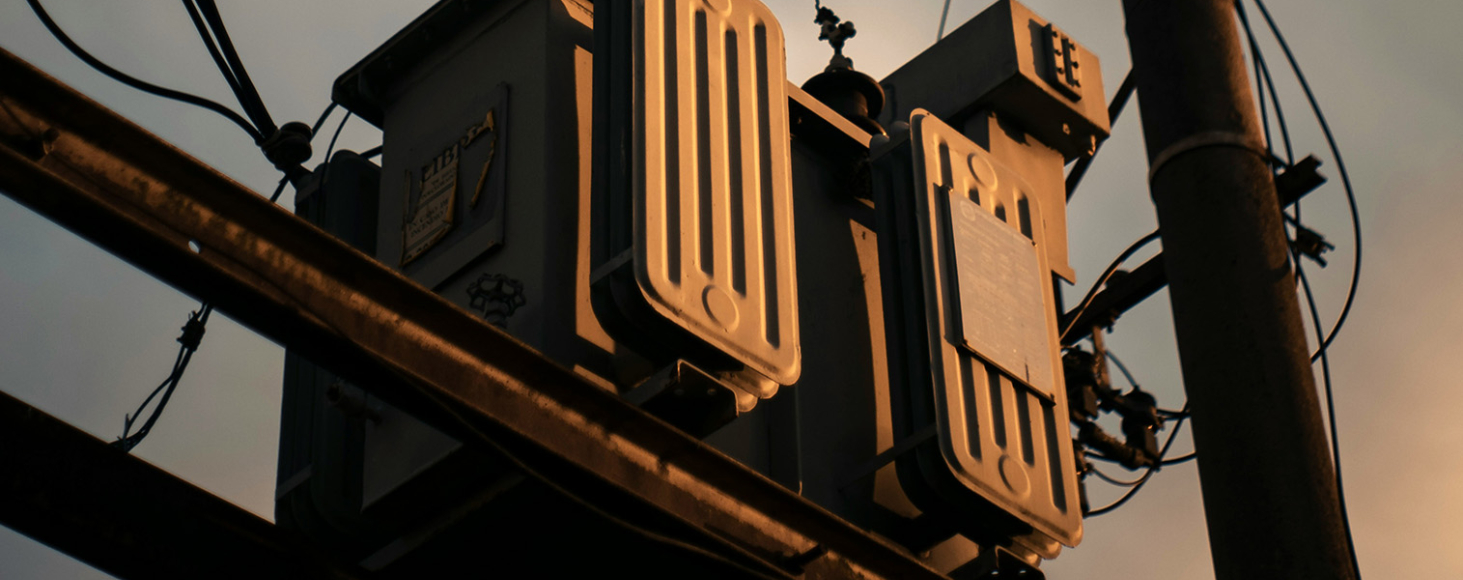
Current variability and future climate change present severe challenges for electricity distribution networks. The impacts of extreme weather events and gradual climate change directly affect the business objectives of power distribution, which are to provide a reliable, safe, and efficient electricity supply to consumers.
Instructively, environmental and climate change risk assessment studies can help catalyze efforts to address associated risks as they provide a deeper understanding of the current situation—challenges, gaps, and opportunities—and baselines for planned action on fostering climate-intelligent power distribution networks and advancing environmental compliance of power distribution companies.
Umeme, the major power distribution company in Uganda, required a study to quantify and provide an evidence base for itself—and relevant stakeholders—regarding the increasing sensitivity to environment and climate change in power distribution.
